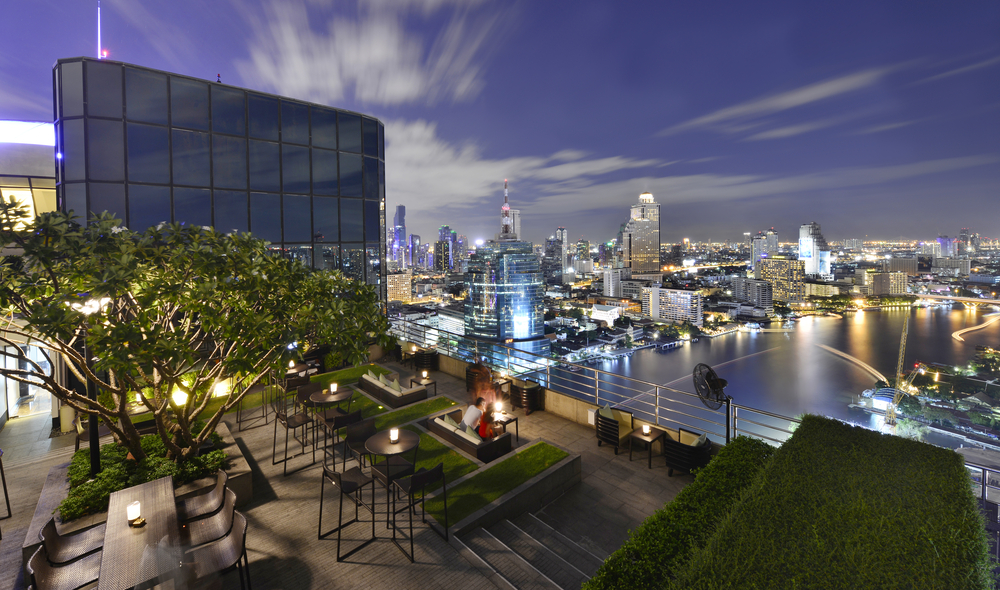Thai luxury hotels aim to attract tourists with 5-star quarantine
Supported by the new visa that the government plans on introducing to draw high-spenders

In the midst of the pandemic, several luxury hotels in Thailand have placed their odds on the local government’s plan to attract high-spending tourists through a cleverly calculated five-star quarantine that will help ease the impact of the outbreak on the travel and tourism industry, reported Bloomberg.
In Bangkok alone, six luxury hotels including Capella, Four Seasons and Kempinski have either already resumed operations or are planning to in the near future. With the introduction of the new visa that targets high-spenders, long-stay visitors and medical travellers, these hotels are hoping to see the most benefits.
This new visa will also help Thai economy to recover since the kingdom is currently facing one of the worst recessions to date due to the loss of tourists, who were responsible for bringing in USD62 billion into the economy in 2019.
Deepak Ohri, the chief executive officer of Lebua Hotels & Resorts, agreed that appealing to travellers who can spend more and stay longer in the country can soften the losses.
More: Thailand sets smart cities in motion in the ASEAN region
“The pandemic has given Thailand the opportunity to hit reset on how the tourism industry will look after COVID-19,” he added.
Beginning this month, tourists who were able to get the new visa will be able to enter Thailand since it closed its borders in March. These travellers will be obliged to remain in Thailand for at least 90 days, including the required 14-day quarantine, which they can do in a luxury hotel. After completing these days, they will be able to travel around the country.
“These groups of travellers have the highest potential of increasing money spent on lodging and dining, which can help boost the economy, especially during these difficult pandemic times,” said the head of the Tourism Authority of Thailand Yuthasak Supasorn.
“We have about 800 to 1,000 Chinese tourists who are ready to travel here on private jets in the first phase of reopening,” he concluded
Recommended
Why everyone is moving to Selangor and Johor: Malaysia’s real estate comeback
Malaysia’s upturn in fortunes is especially prevalent in secondary destinations such as Selangor and Johor
Penang’s silicon boom: How the US-China tech war is supercharging local real estate
Penang’s booming semiconductor industry has created ripples within the local real estate sector
New leader, new opportunities: How Hun Manet is shaking up Cambodia’s real estate game
Hun Manet is overseeing decent economic growth and widening access to the country’s real estate market for foreigners
Singapore embraces inclusive housing reforms amid resilient demand
The Lion City’s regulatory strength continues to exert appeal for international investors








